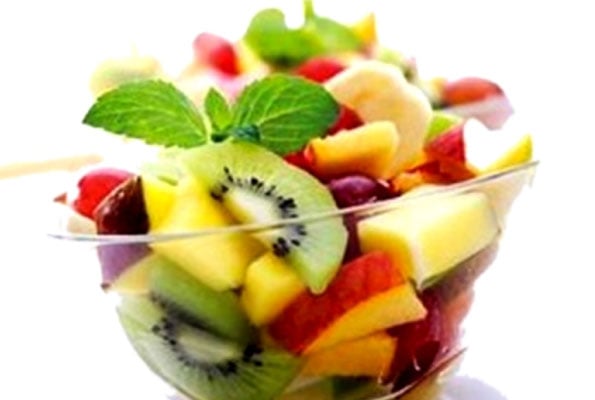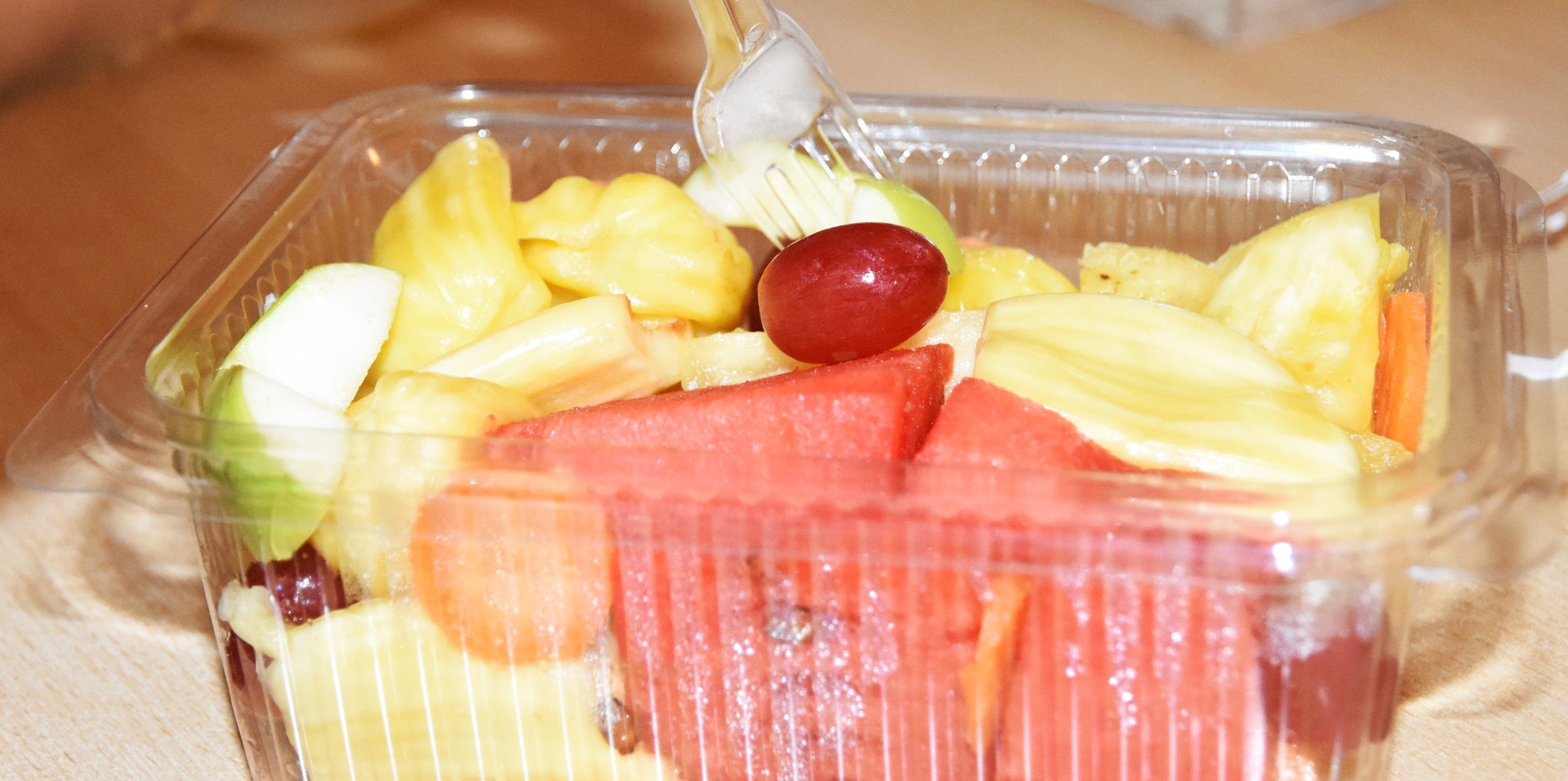Prime
Water-rich fruits to keep you hydrated

Pawpaw's high-water content provides hydration that keeps the skin soft and radiant among other benefits. PHOTO/FILE
What you need to know:
- Hydration can look (and taste) much more appealing than a glass of water, thanks to a variety of healthy, high-water-content fruits and vegetables.
Hydrating one’s body is like lubricating metal hinges with oil. It not only helps in regulating temperature, but also lubricates bones, joints, improves sleep and also builds immunity.
Eating fruits with a high water content regularly can help one gain hydration abilities and nutrients that are good for their health. They also provide our bodies with nourishment in the form of vitamins and minerals.
According to Carol Namazzi, a nutritionist, the body needs a constant supply of fruits so it can function well and carry out day-to-day tasks.
There are many fruits that have both high water retention and nutrients and the commonest include:
Watermelon
Watermelon has more than 92 percent water. Namazzi says a watermelon has loads of vitamin C that helps one ward off illnesses while also boosting one’s immune system.
“The seeds of a watermelon are also rich in zinc, which improves fertility in men and women. It is, therefore, advised not to throw them away as many people do,” she says.
Pineapple
According to everydayhealth.com, a pineapple has about 86 percent water. A unique feature of the pineapple is that it contains Bromelin, an enzyme that helps the body fight against pain. It also helps break down proteins and aid in digestion. The fruit has also been used for hundreds of years in Central and South America for easing indigestion.
It is, however, not advisable to eat pineapple on an empty stomach since it may cause acidity.
“If you have ulcers, I would not recommend it,” Namazzi says.
Mango
The mango has about 80 percent water.

In addition to warding off dehydration, mangoes are also low in calories, and packed with nutrients. PHOTO/PROMISE TWINAMUKYE
Its orange colour is filled with vitamin A, which is beneficial for one’s eyes, immunity and skin.
Citrus fruits
These include lime, locally known as Kalimawa, oranges and lemon and they have 86 percent water content.
Namazzi says citrus fruits such as lemons also contain vitamin C, which boosts one’s immune system and quickens the recovery process of wounds.
Pawpaw
According to growingfamily.co.uk, pawpaw is a juicy fruit that contains up to 88 percent water. Eating pawpaw regularly can help keep your heart healthy since the fruit contains antioxidants that prevent the oxidation of cholesterol in your body. Once cholesterol is oxidised, it can create blockages in your arteries, resulting in heart diseases.
Another health benefit pawpaws offer is their ability to protect the skin against sun damage. They are also packed with lycopene and vitamin C that can protect your skin and reduce the signs of ageing.
More benefits
According to Julius Lwanga, a nutritionist at Kampala Hospital, what we get mainly from most fruits are antioxidants that are beneficial for various reasons.
“Most also have vitamins A, B and C which boost one’s immunity,” Lwanga says.
Watermelon and pineapple contain glucose, which is helpful in energy production. The glucose, he says, is the one thing that causes fruits to be sweet.
Potassium
Fruits are also rich in potassium, which is good for muscle function.
Potassium, according to www.health.harvard.edu, is necessary for the normal functioning of all cells. It regulates the heartbeat, ensures proper function of muscles and nerves and is vital for synthesising protein and metabolising carbohydrates.
To get most out of the nutrients fruits possess, Lwanga advises consuming them on a regular basis.
When to avoid fruit
According to healthline.com, even though fruits can be part of a healthy diet for most people, some may need to avoid them for various reasons. One possible reason is food intolerance or allergy.
For example, eating certain fruits may cause digestive symptoms in people who have an intolerance to fermentable oligosaccharides, disaccharides, monosaccharides and polyols (FODMAPs). It is also possible to be allergic to certain fruits.
People who are following a very low carb or ketogenic diet may also want to avoid fruit. The main goal of ketogenic diets is to drastically reduce carb intake so that the body changes the way it processes sugars and fat into energy.
Given that a single piece of fruit can contain more than 20 grammes of carbs, fruits may be inappropriate for this diet. If you are planning to follow a very low carb or ketogenic diet, consult a registered dietitian or doctor to find out which fruits may be appropriate for you to eat.
You may have heard that people with diabetes should avoid fruit, but this is a myth. In fact, fruit is a healthy choice for people with diabetes.
If you have diabetes, ensure you track the fruits you eat in your meal plan as you would any other food.
Bottom line
According to Healthline.com, fruit is healthy for most people.
While excessive sugar intake can be harmful, this doesn’t apply to whole fruits. Rather, they are high in nutrients and satisfyingly filling.
If you can tolerate fruit and you’re not on a low carb or ketogenic diet, by all means, eat fruit.
Try eating more whole fruits as part of a healthy, whole-foods diet to enjoy their health benefits.




